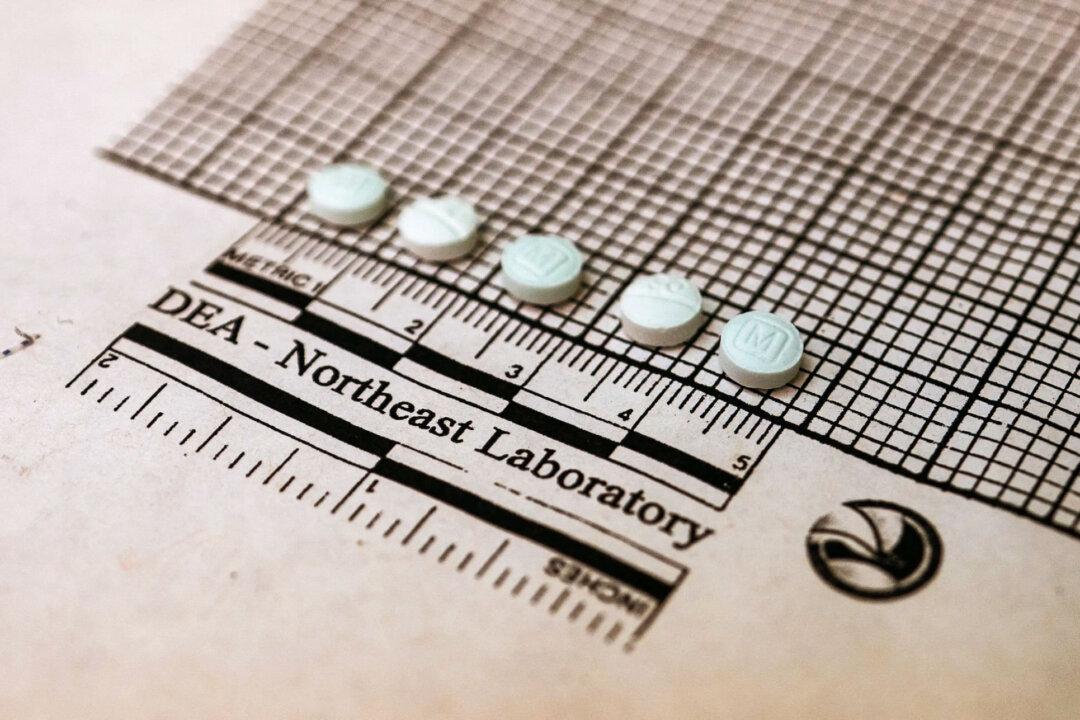Federal prosecutors in New York have charged two India-based pharmaceutical companies with smuggling chemicals used to manufacture fentanyl.
The indictments accuse Raxuter Chemicals and Athos Chemicals of conspiring to distribute and import chemicals into the United States while fully aware they would be used for fentanyl production, the U.S. Attorney’s Office for the Eastern District of New York said on Monday.





